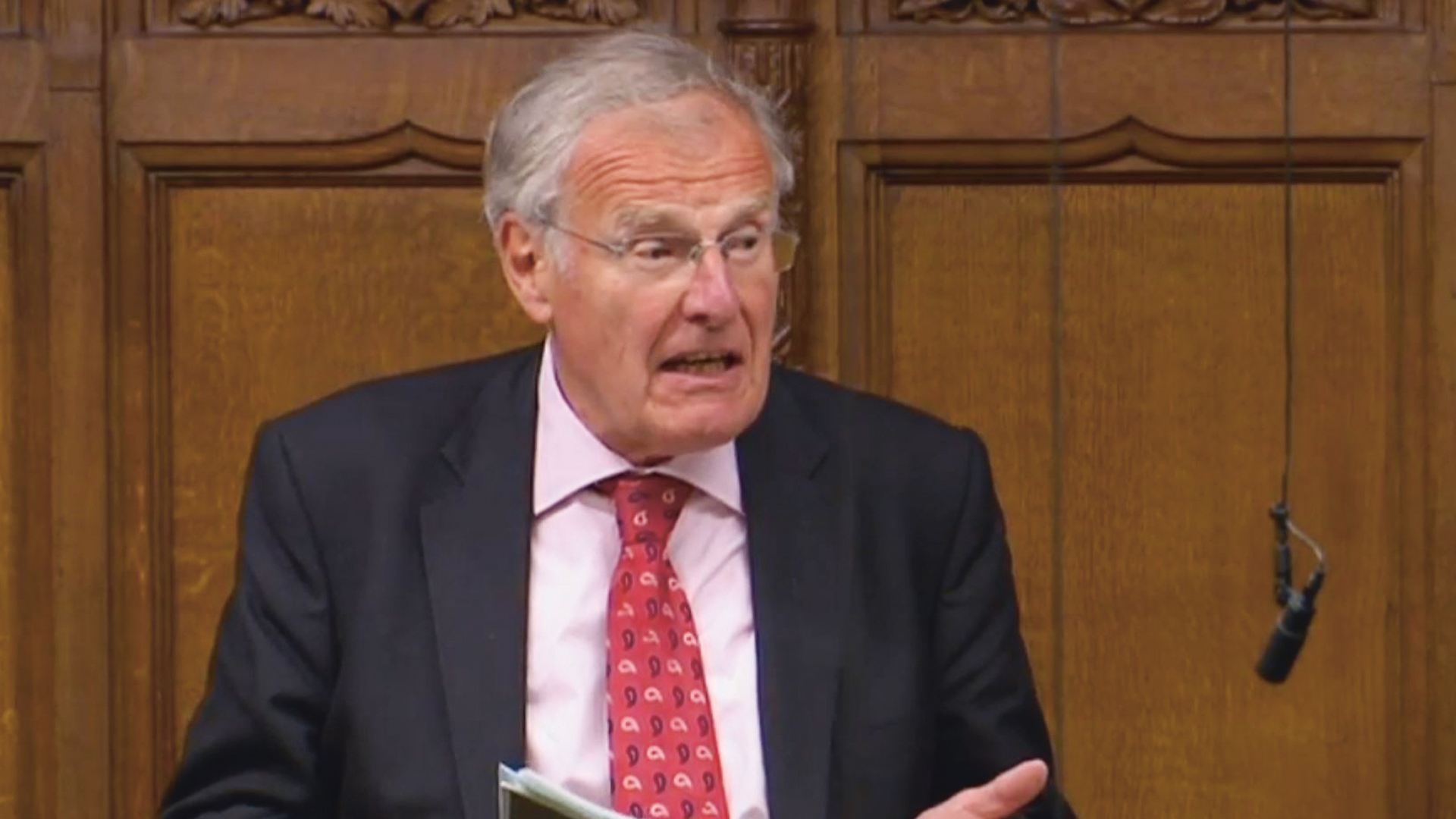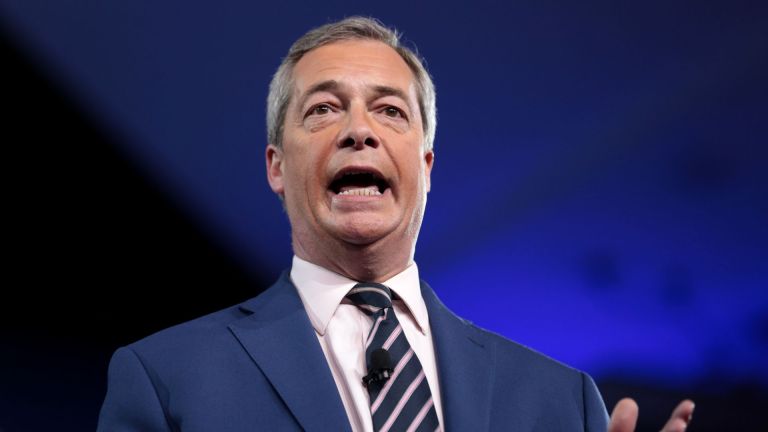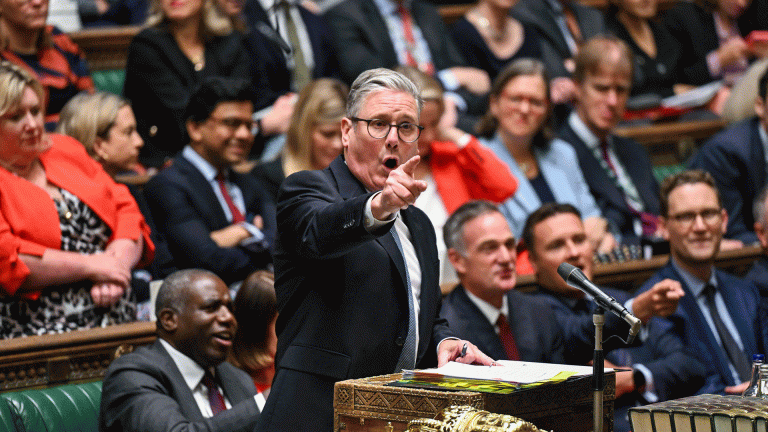Lord Bird’s bill will make credit providers take into account rental and council tax data and has attracted cross-party support.
Former Education Secretary Justine Greening introduced it to the Commons in the first reading on September 26.
Now the 15 million renters who could be offered access to fairer credit by the bill are waiting for the second reading in the Commons – it sits at the back of the queue and is incredibly unlikely to be heard on Friday.
Chope has a lot of previous when it comes to scuppering private member’s bills. He objected to one that called for Second World War codebreaker Alan Turing to be pardoned for gross indecency crimes in 2013.
He was also among the Conservative backbenchers who vetoed Labour MP Jim Fitzpatrick’s bill banning circus animals on 12 occasions in 2015, forcing it to be scrapped. The heavily supported idea was mooted in David Cameron’s 2010 Conservative manifesto and languished in parliament for years – even in 2018, Michael Gove has announced plans to ban the practice.
It demonstrates that he is not taking the situation too seriously and he knows that those bills won’t go anywhere,
Chope has also referred to private member’s bills as a “pain in the neck” in the past – so why is he so keen on putting his name to so many now? The man himself declined the opportunity to tell us for this article.
Advertising helps fund Big Issue’s mission to end poverty
“It demonstrates that he is not taking the situation too seriously and he knows that those bills won’t go anywhere and every one of them will have to be printed and go on to the running order – I’m sure you could calculate all the paper and ink being used up by it,” said Poplar and Limehouse MP Fitzpatrick. “But on the other hand, legislation is a serious business and it shouldn’t be that easy to get a bill through. There should be the checks and balances in place but sometimes they far outweigh the benefits.
“The purists take a very clear view that if a bill is important enough it should be brought in by the government and not as a private member’s bill.
“For the 140 bills that are down to be debated there is hardly any chance of them being heard on November 23 but it is an opportunity to publicise matters that affect an MP’s community or to get their name down in the history books as having that idea.”
Shipley MP Philip Davies, who has faced the same accusations as Chope of “talking out” bills to delay their progress, told The Big Issue that his Conservative colleague is using the system to float his ideas rather than change the law.
“Chris [Chope] clearly feels very strongly about the issues that he has put forward with the bills,” he said. “There are two types of bills: those that aim to change or amend an obscure point of the law or those that aim to draw attention to an issue and are not a serious attempt to change the law. I don’t think that Chris seriously expects them to become law.”
Reform for private member’s bills has been on the cards for some time. Procedure Committee chairman Charles Walker has warned since as far back as April 2016 that the government is in the “last-chance saloon” and described Fridays in the House as “no-go zones”.
Advertising helps fund Big Issue’s mission to end poverty
He has called for a reduction in the number of bills in the opening ballot from 20 to 14 to allow more scrutiny and the removal of dummy bills that exist as just a title with no details.
More pertinently for Chope, Walker has also suggested that MPs may only have one bill up for debate on any one day while bills could be debated on a Tuesday or a Wednesday instead of Fridays so more MPs are in London to support their progress.
As for the parliamentary “purists”, there is a call for private member’s bills to be axed.
“I would like to see them scrapped because they are pointless as nothing can go through without the government supporting it,” said Davies. “And that would end the farcical charade where you have 140 bills waiting to be heard when they have no chance and campaigners and lobbyists are just going to feel let down.
“They are a waste of time and a lot of them are terribly written but have a worthy sentiment. But if you say, ‘This bill is terrible’, then you are accused by morons on social media of not appreciating the worthy sentiment behind it. It’s a joke and it is politics for five-year-olds. If people on social media want politics in 140 characters then that’s great but don’t complain when you get badly defined laws.”
The system remains a crucial avenue to bring innovative ideas from MPs who are not in government into law – the Homelessness Reduction Act recently came into force after starting out as a private member’s bill.
Advertising helps fund Big Issue’s mission to end poverty
And the same must be true for the Creditworthiness Assessment Bill if it is to give the 15 million renters depending on it the hand up they need.










